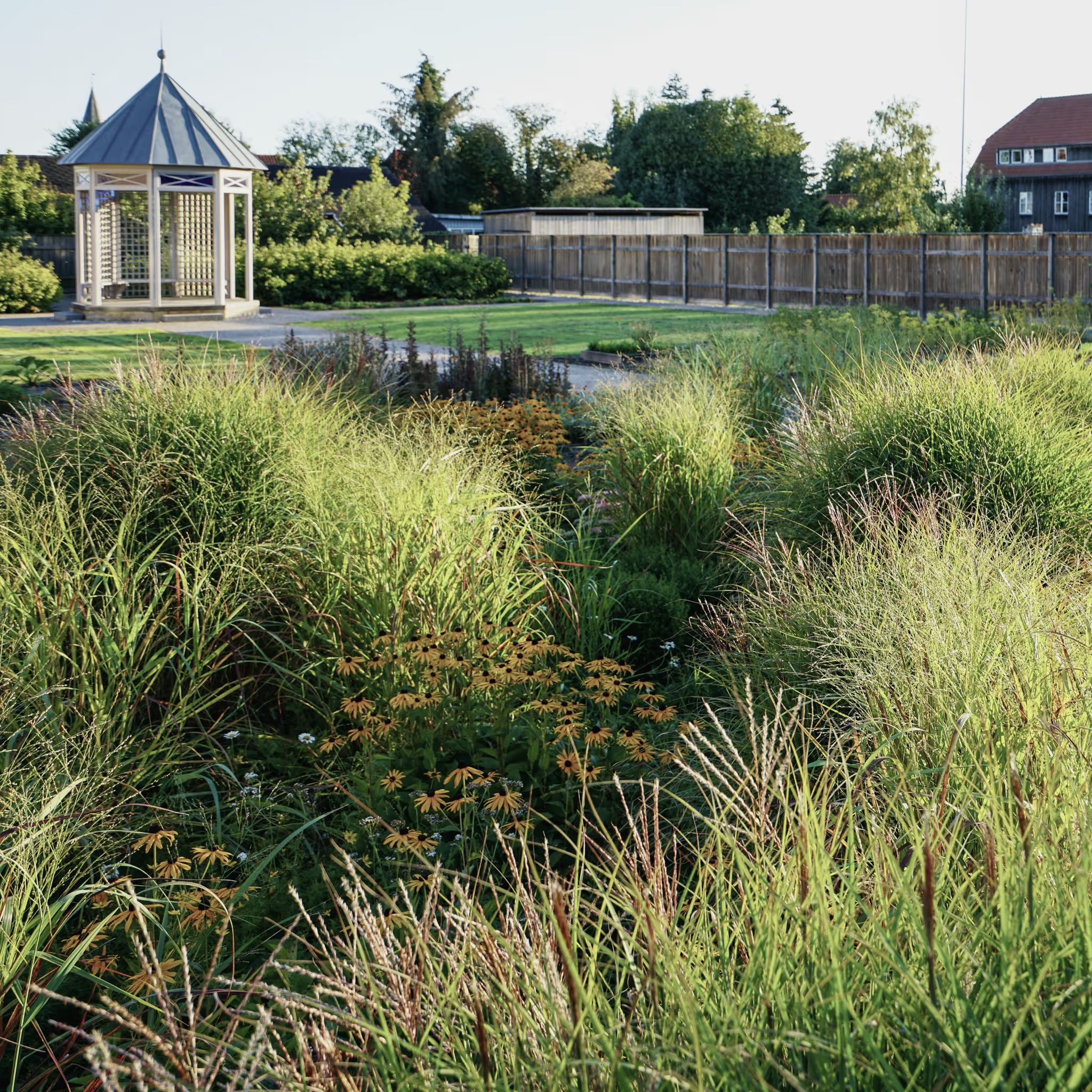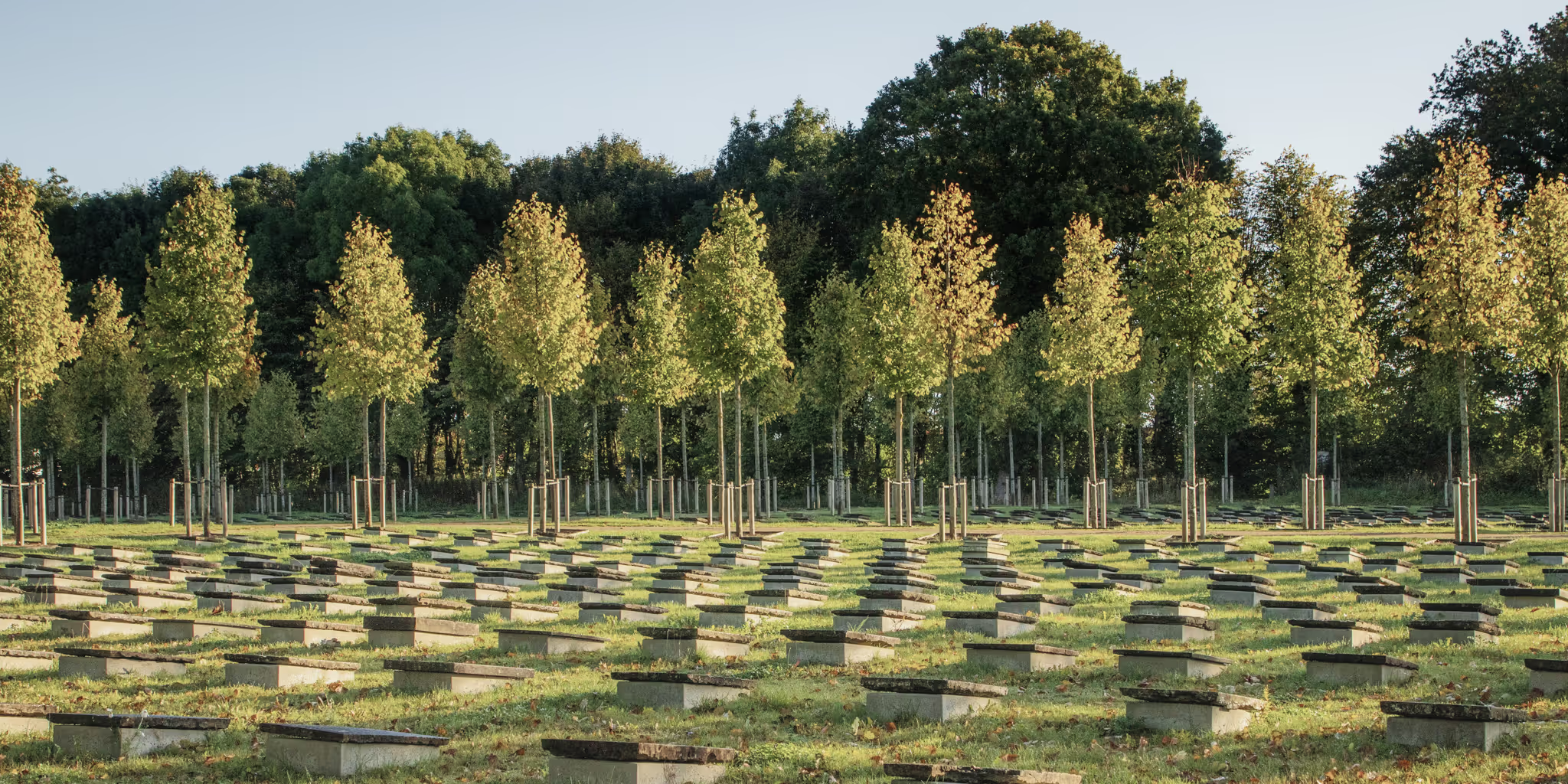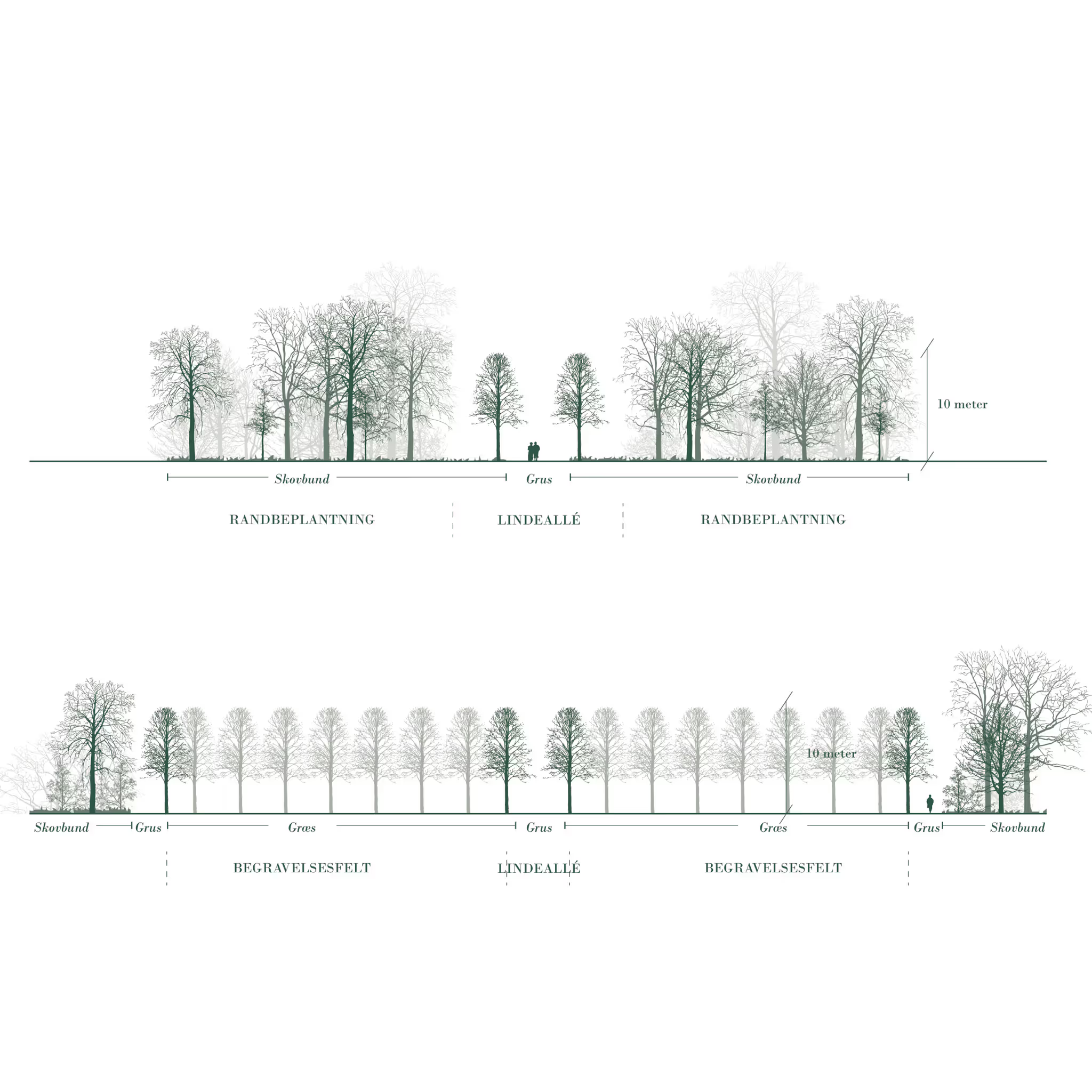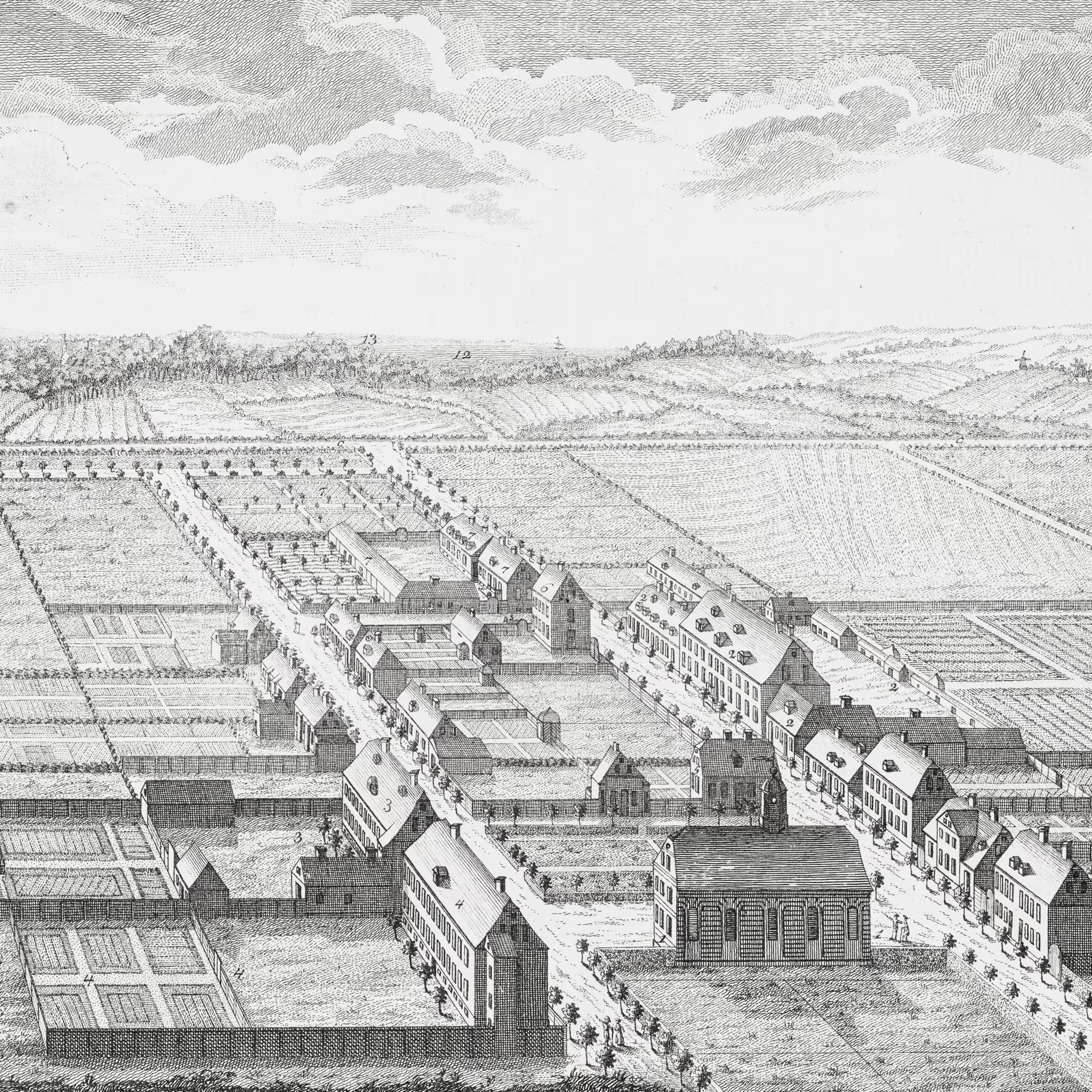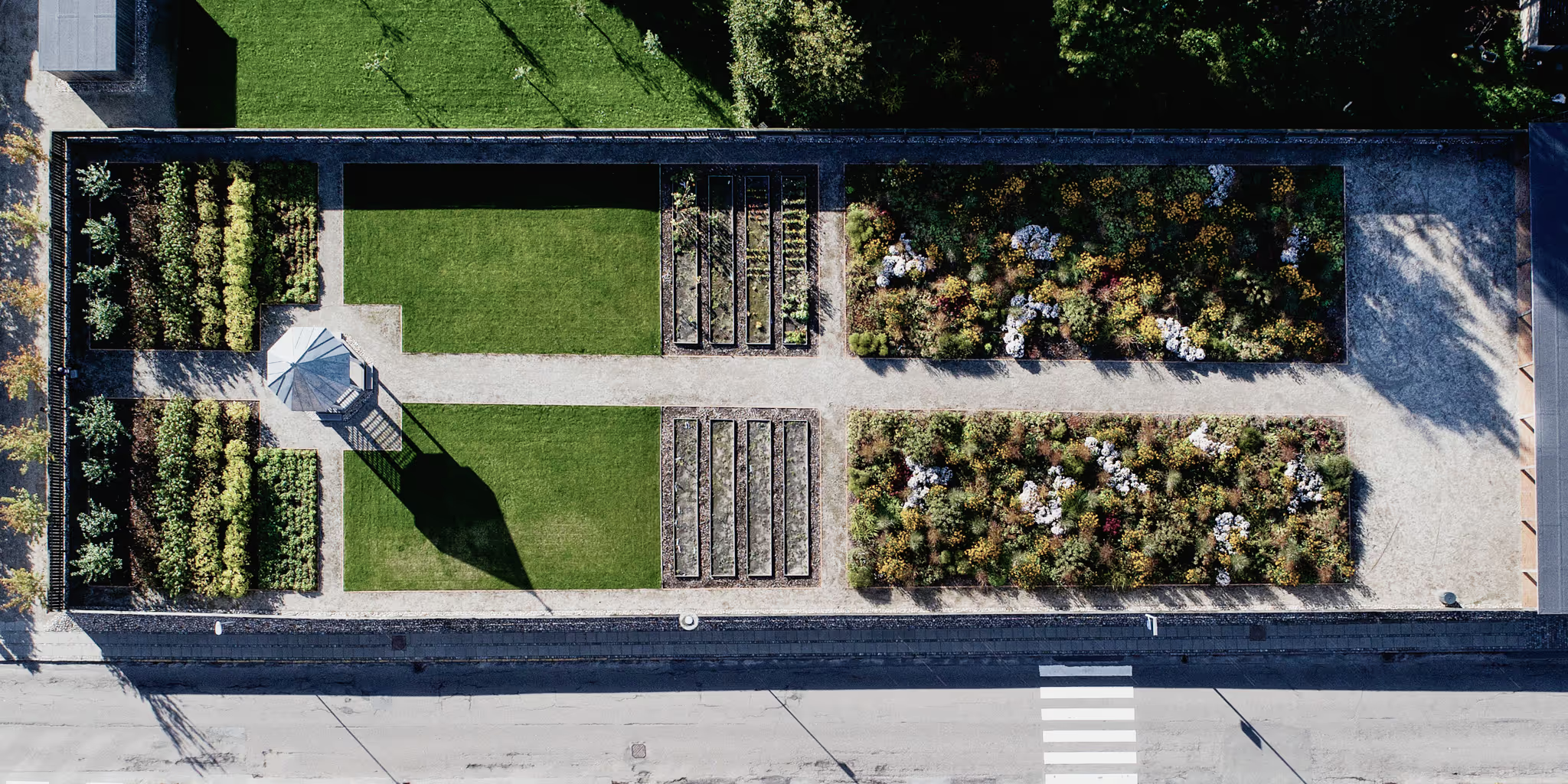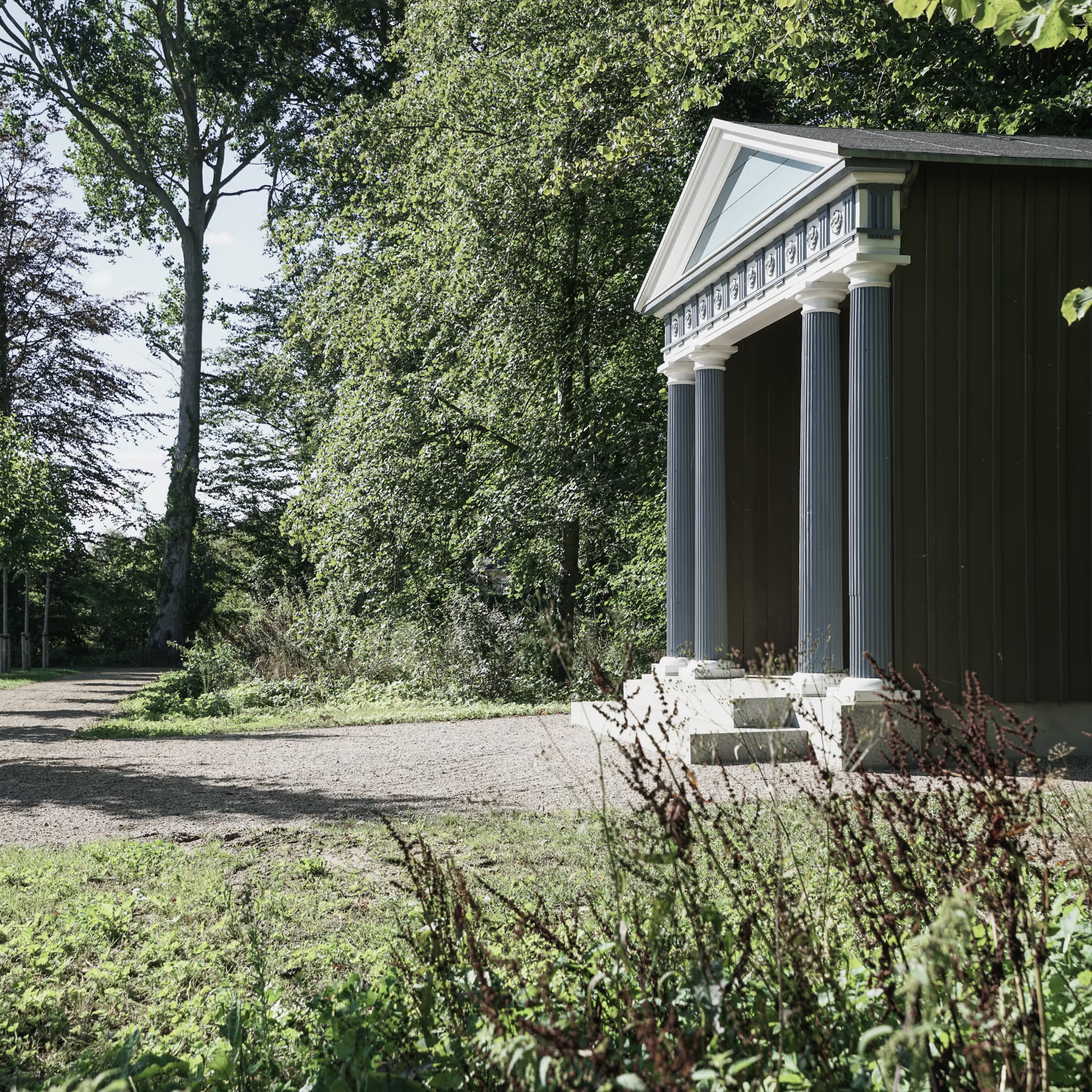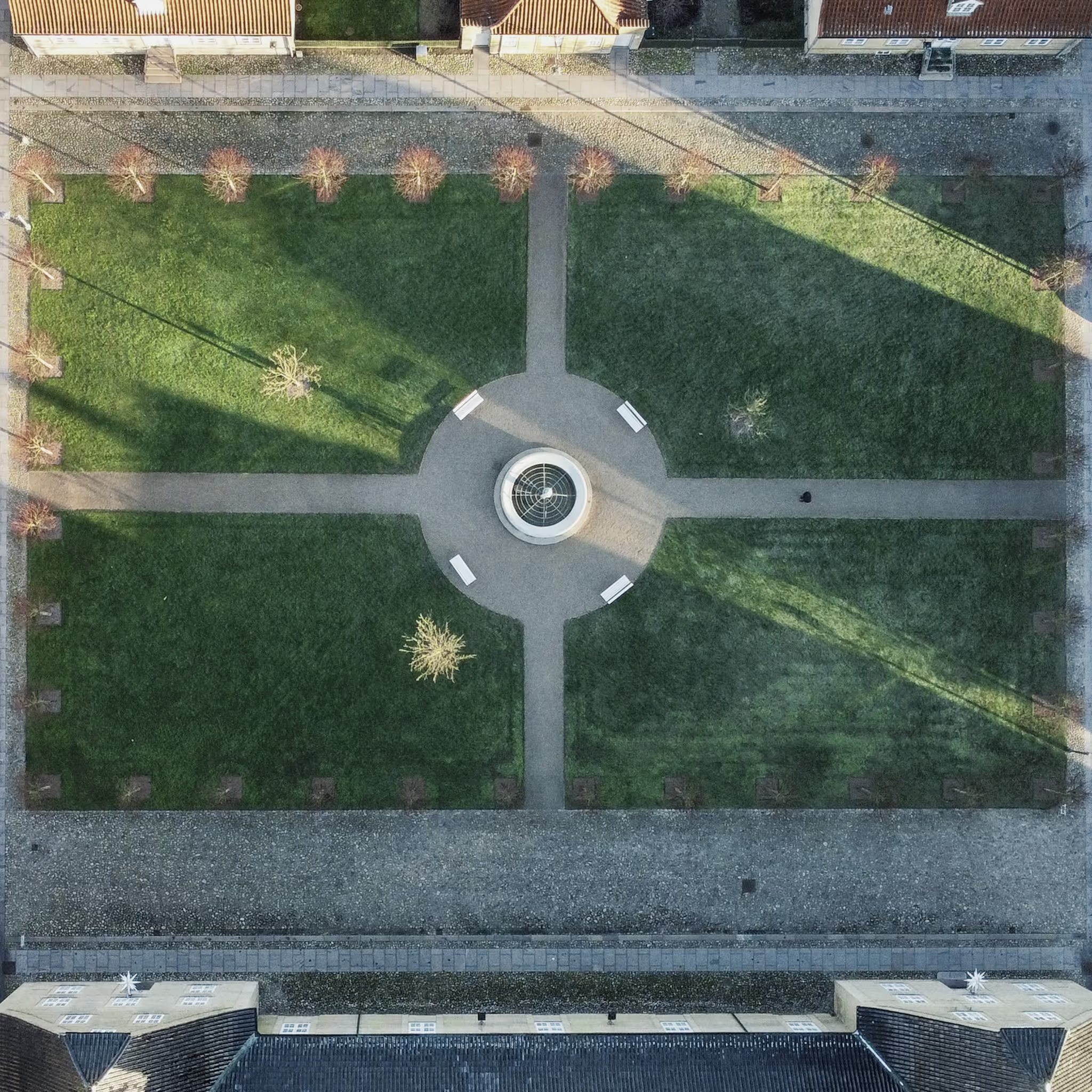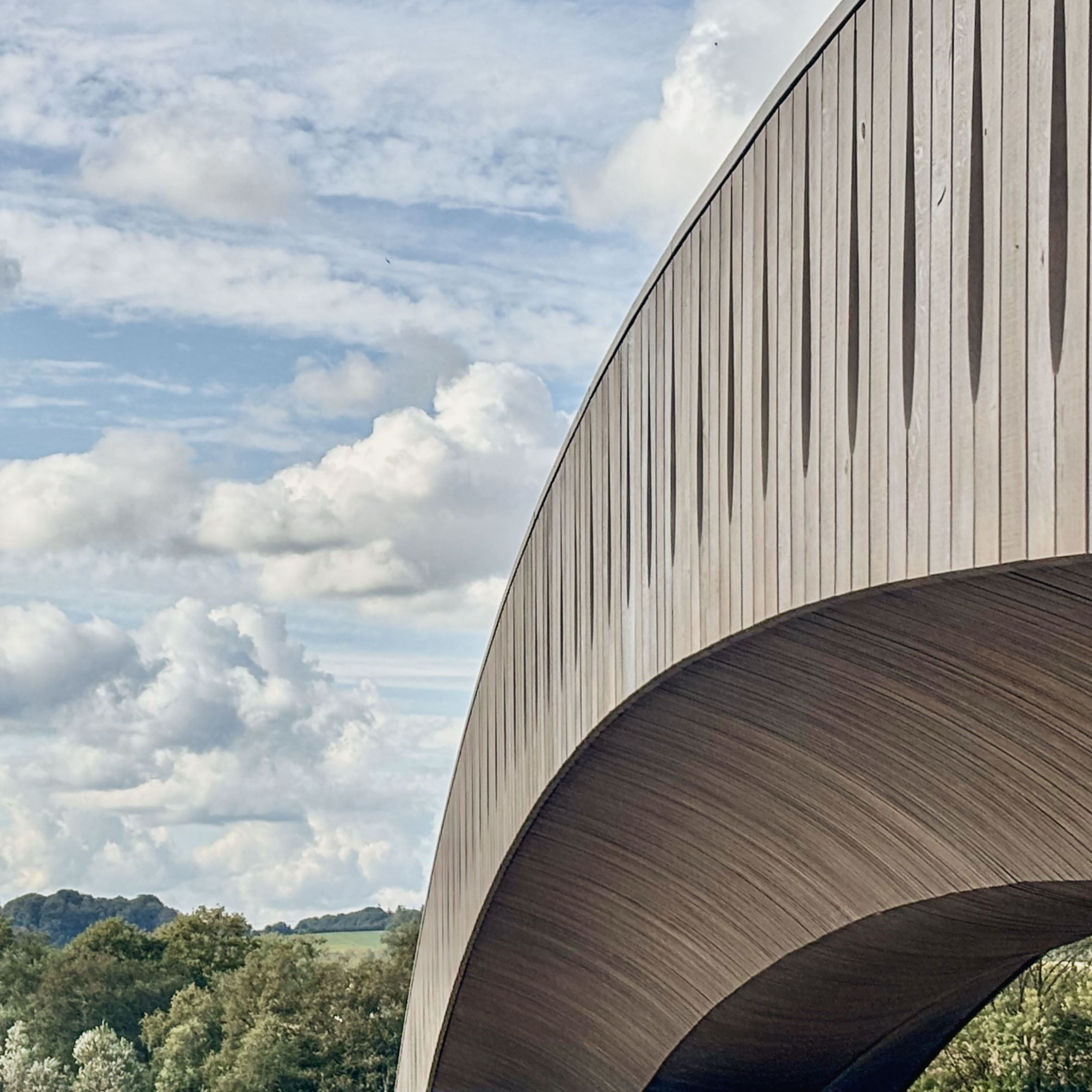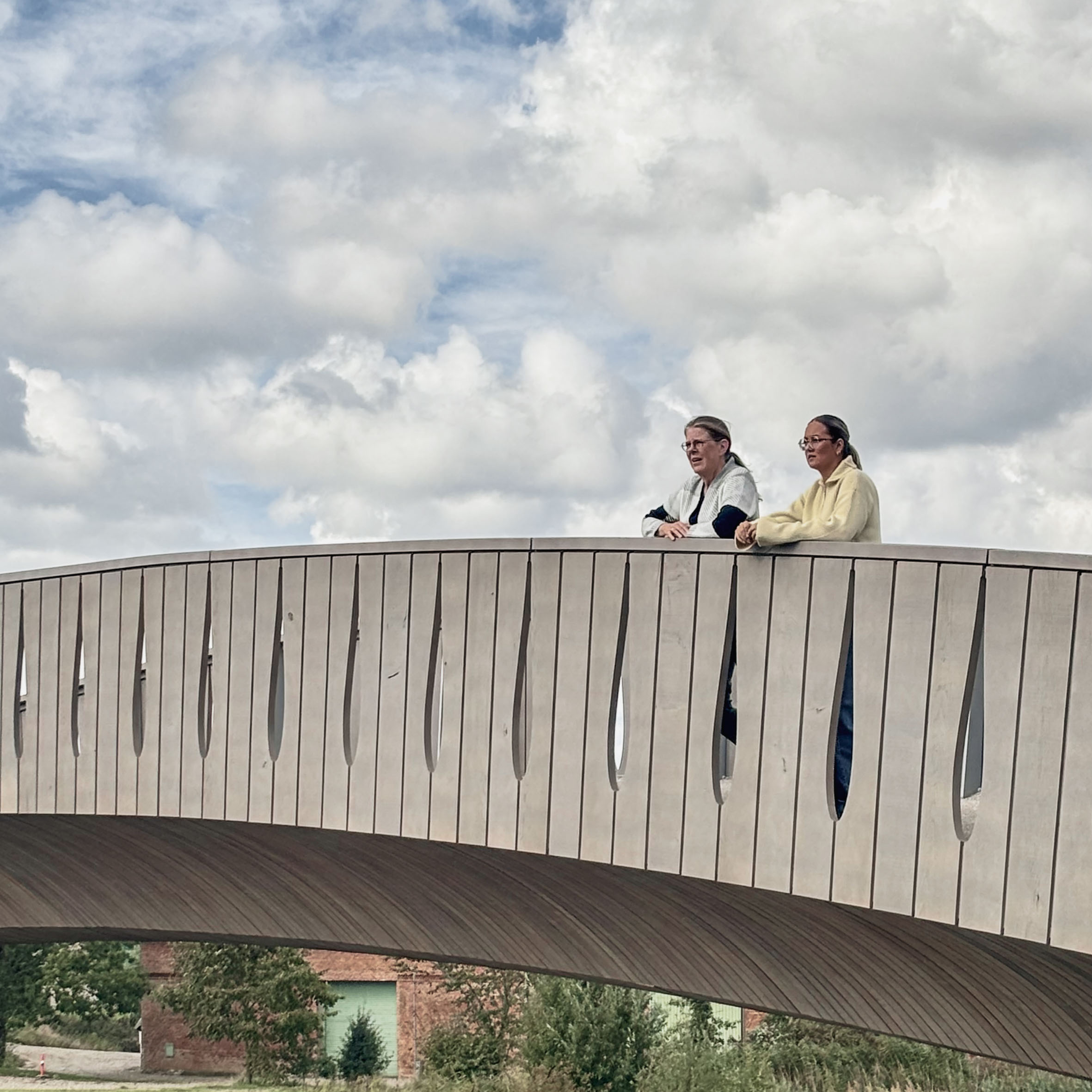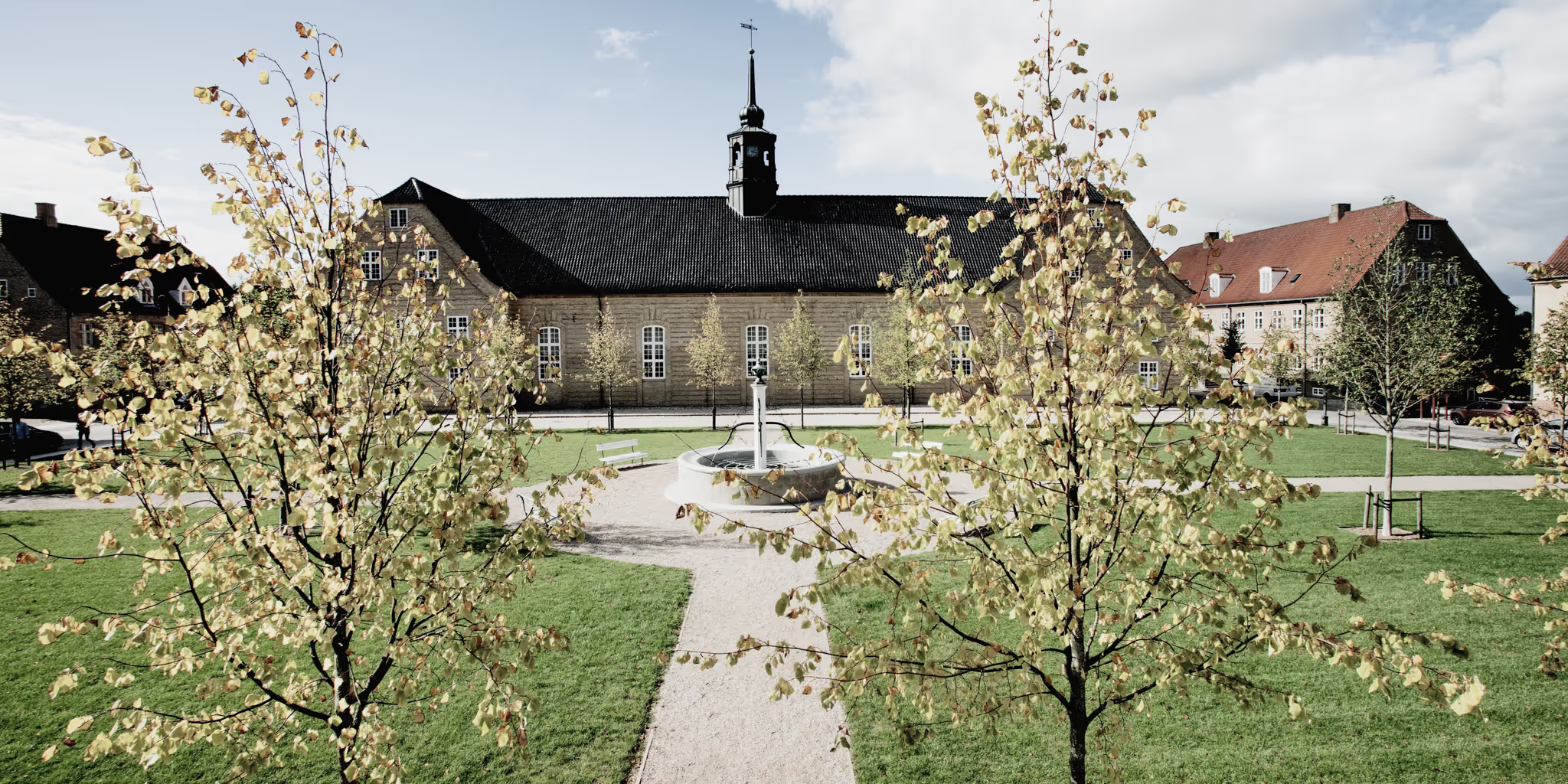
Christiansfeld
Danish model town and UNESCO World Heritage
Project
Christiansfeld – Danish model town and UNESCO World Heritage
Client / Contracting authority
The Moravian Church in Christiansfeld and Kolding Municipality
Role
Lead consultant – project management, cultural heritage analysis, contribution to the UNESCO application, programming, concept design, permitting, detailed design, tendering, construction management, site supervision, and project follow-up.
Ingeniør
Other partners
Tegnestuen Mejeriet A/S, Rambøll, Hasserisgaard Ingeniørkontor, Kjeld Larsen & Søn A/S, Ahlnor
Status
Completed 2004–2025
Outdoor area
Awards
Listed as UNESCO World Heritage Site, 2015
Construction cost
DKK 30m
Funds
A.P. Møller Foundation, Augustinus Foundation
Christiansfeld is a unique example of planned urban architecture, rooted in the Moravian Church’s ideals of community, simplicity, and order. The town’s precise geometric plan and well-preserved buildings testify to high craftsmanship and a rare cultural-historical continuity. With its adoption by UNESCO’s World Heritage List in 2015, Christiansfeld stands as a model for place-based architecture and holistic conservation.
Since 2004, Schønherr has been a continuous advisor to the Moravian Church and has contributed significantly to the town’s long-term development and revitalisation. The studio’s first assignment was the restoration of Prætorius Square (2005), followed by analysis and proposals in the report Christiansfeld – a Garden City (2007).
Since then, several urban space projects have been realised – including the Church Square, the God’s Acre cemetery, and the Comenius Garden.
Most recently, in 2025, visual artist Sophia Kalkau, in collaboration with Schønherr and Rambøll, designed Dråbebroen (“The Droplet Bridge”), which poetically connects the town with the surrounding cultural landscape. The bridge has been awarded by Kolding Municipality as “a fusion of function, art, and identity.”
What unites all these initiatives is a respectful approach to the town’s historical materiality and narrative. The solutions are based on thorough analysis and executed with care in material choices, vegetation, and detailing – with the ambition of strengthening the town’s identity and preserving its cultural heritage in a contemporary and sustainable architectural language.
_1004_red.avif)
%20Christiansfeld%20Plan%201%20to%202000.avif)
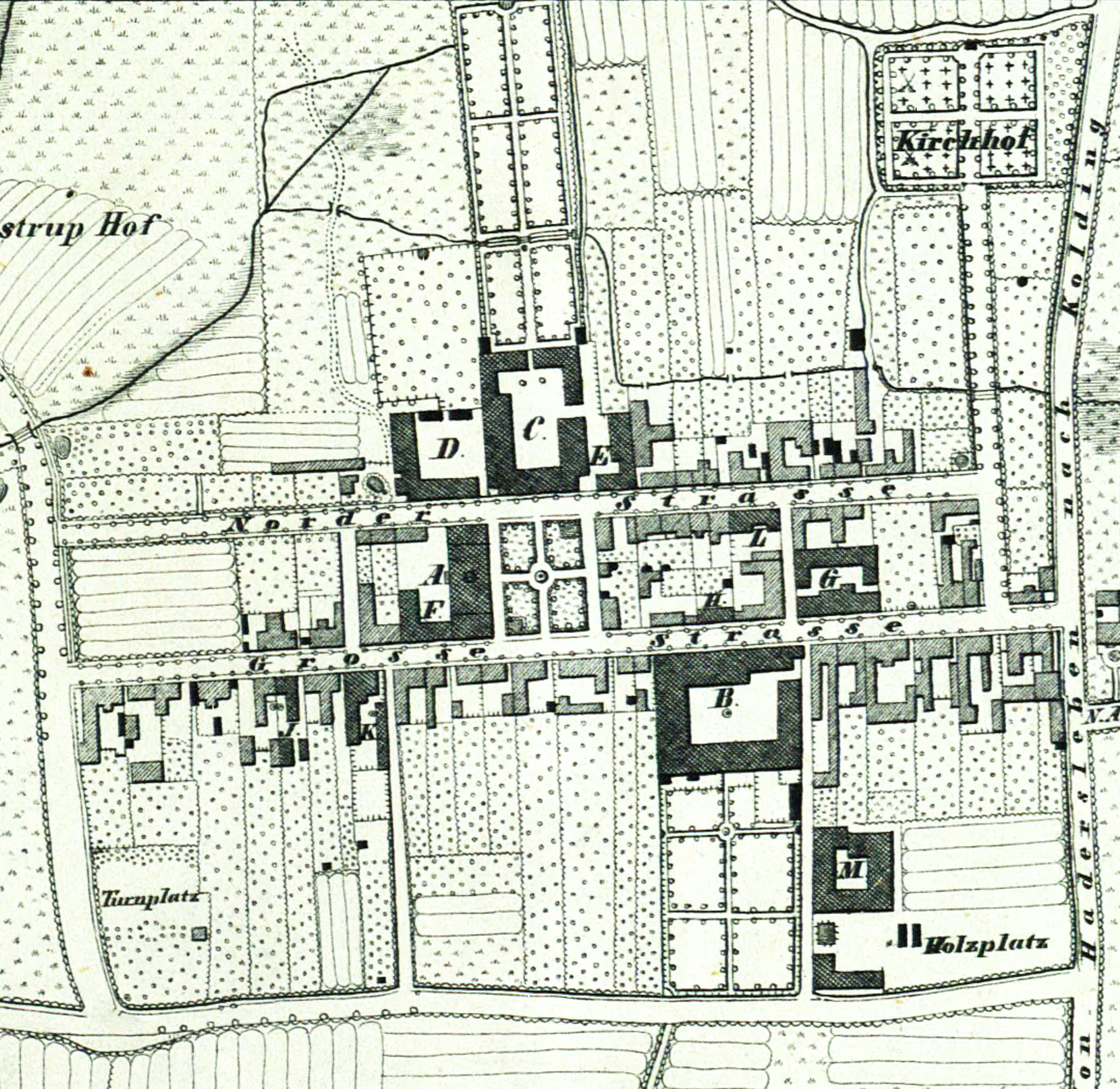
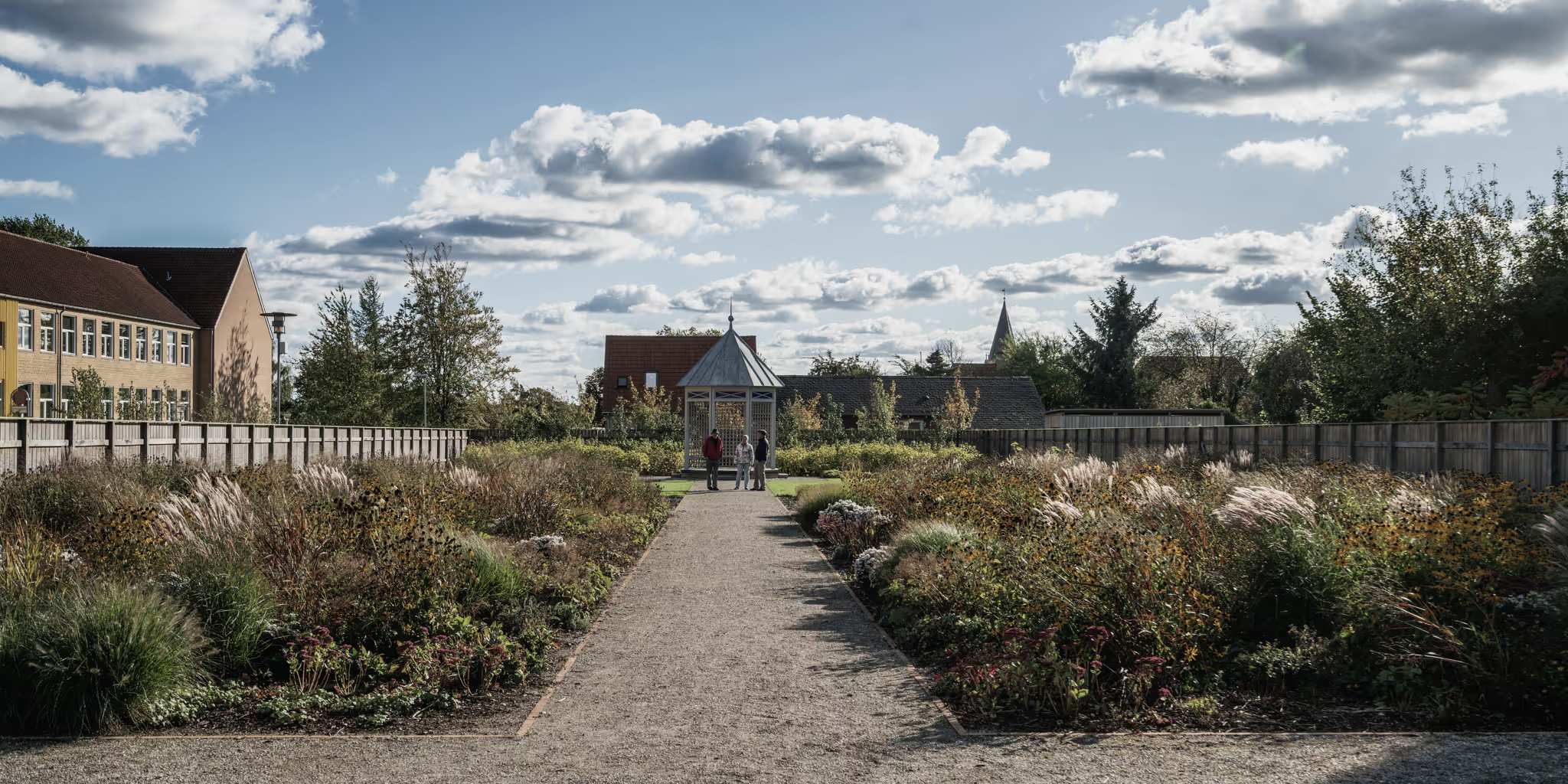
_1004.avif)
